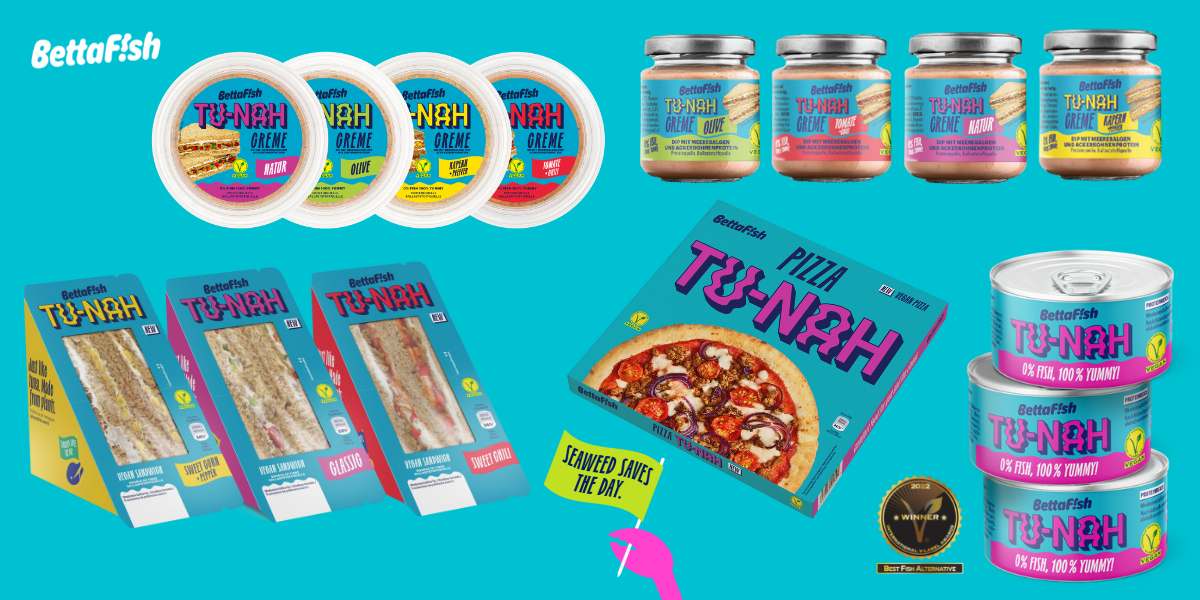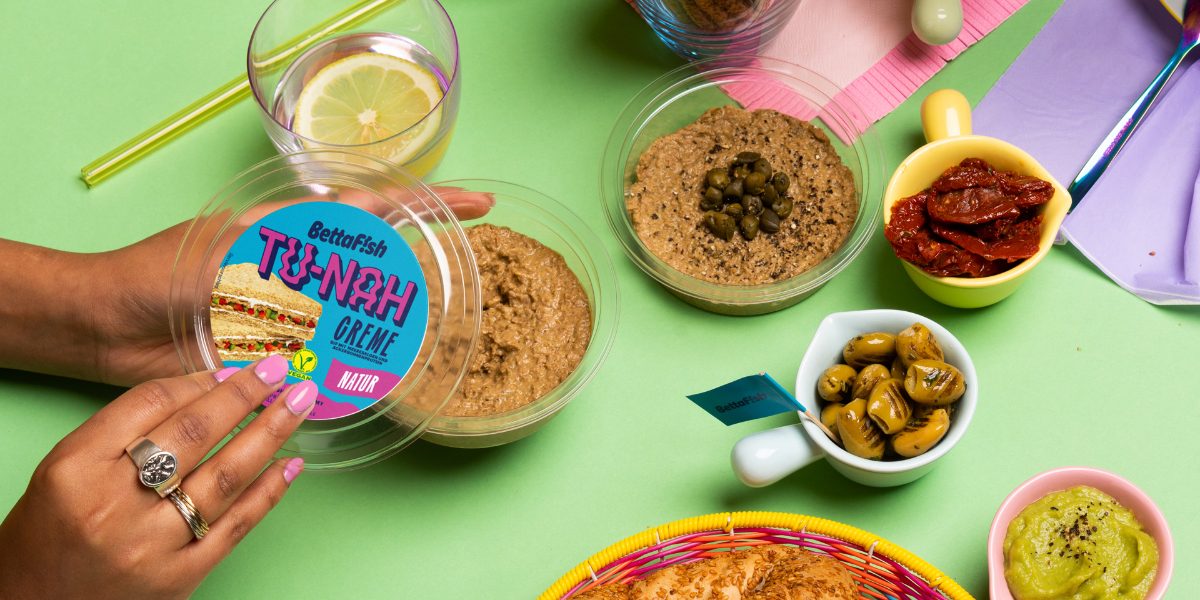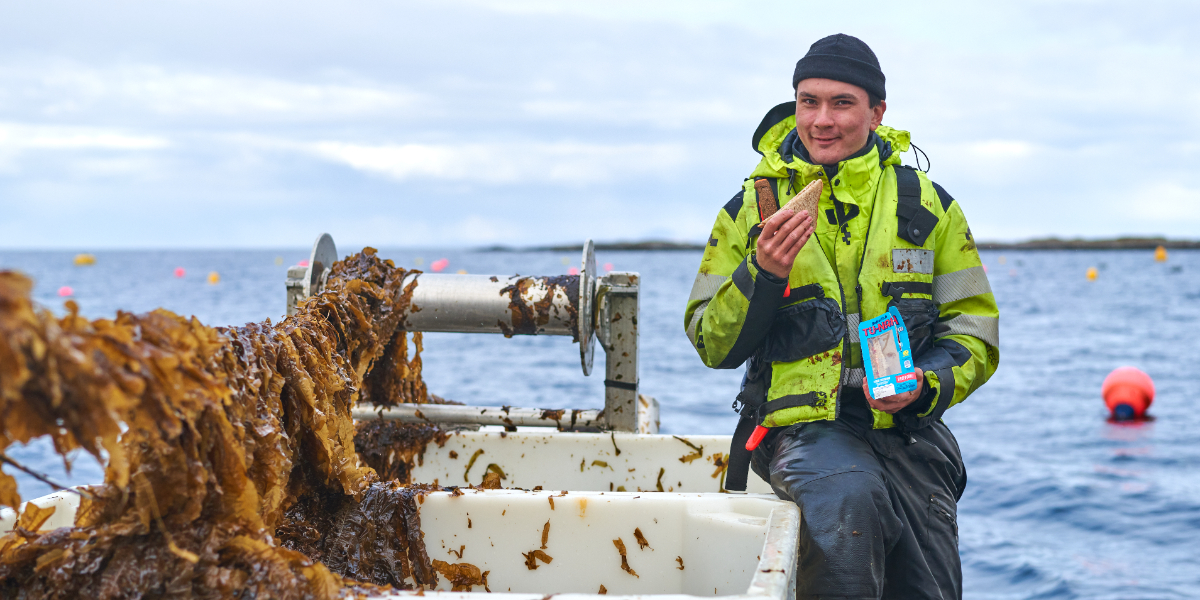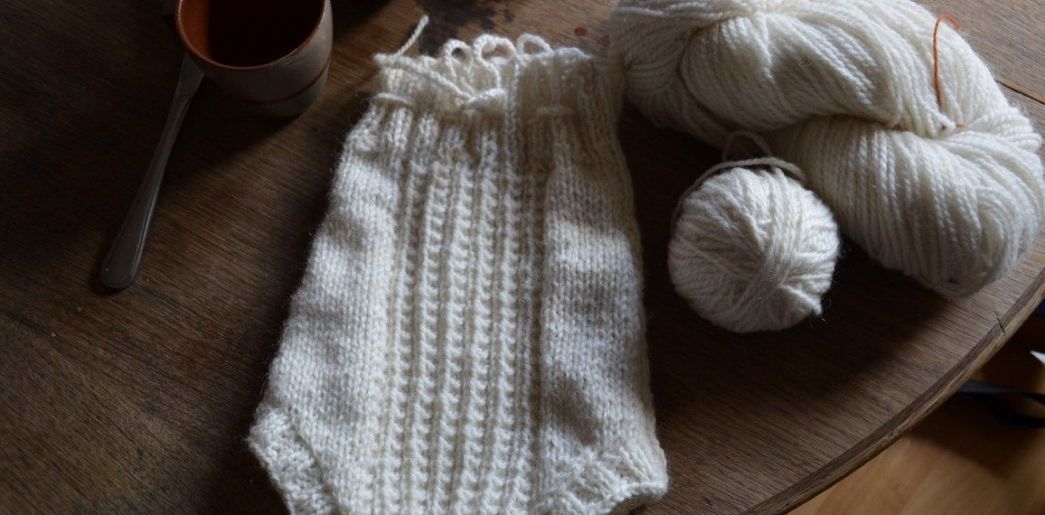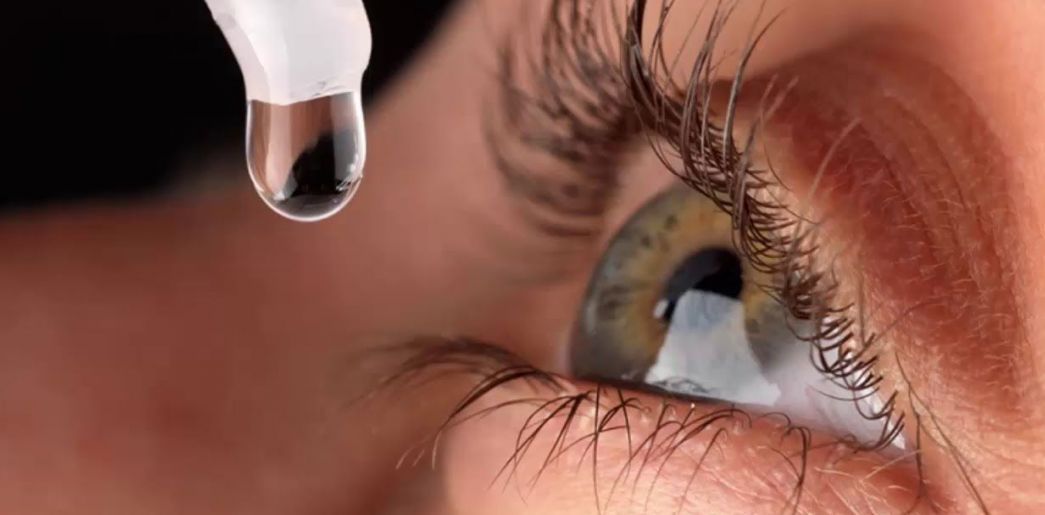AWARD YEAR
2023
CATEGORY
Body
GOALS
Responsible Consumption & Production, Climate Action, Life Below Water
KEYWORDS
seaweed, regenerative agriculture, alternative protein, oceans, plant-based
COUNTRY
Germany
DESIGNED BY
wunderfish GmbH, cofounded by Deniz Ficicioglu and Jacob von Manteuffel
WEBSITE
https://www.bettafish.co
BettaF!sh TU-NAH
Tasty, affordable, plant-based tuna made from regenerative seaweed to restore balance to our oceans.
How does it work?
We create plant-based tuna made from seaweed that is accessible and affordable to all. In addition to the vegan niche, we aim at mainstream consumers who buy canned tuna on a regular basis, to establish our BettaF!sh TU-NAH as a regular food option that enhances the pros of seafood but eliminates the environmental cons. In doing so, we take pressure off land-based agriculture, increase ocean biodiversity and allow endangered fish populations to recover. We are an engine for the R&D of seaweed processing, closing the gap between farm and consumer and have developed lines of TU-NAH products both for retail and food service, so that our alternative is accessible to as many consumers as possible. Consequently, TU-NAH is now available in eight countries with more to come this year. We’ve won the hearts of major European traditional and quick-commerce retailers, as well as B2B partners in the delicatessen and convenience categories, and large restaurant chains around Europe.
Why is it needed?
Our new industry of impact-enhanced foods based on regenerative seaweed has applications in convenience foods and alt seafood. With our unique approach, we specifically address that:
90% of the world's fish stocks have already been exploited or are overfished
71% of our planet is covered with oceans, yet we exploit our land
ALL current plant-based alternatives just shift the problem elsewhere
..but also we contribute to solving huge maritime challenges such as eutrophication, acidification, habitat loss, unemployment, climate change, water scarcity and protein supply. Also, tuna is one of the species most likely to go extinct as it cannot be farmed. If this happened, the effects on the maritime ecosystem would be devastating. We are the first to use seaweed on such a large scale for end consumer goods and our business model is infinitely expandable: We have even identified seaweed blends for developing authentic alternatives to other fish chicken and even parmesan.
How does it improve life?
Currently, only 2% of the food we consume comes from arable land, yet the planet is covered 70% by water. That’s one of the reasons we want to make seaweed a mainstream ingredient in every food category. Due to the poor health of our oceans, we’re starting with seafood, to reduce the world’s consumption of fish and in doing so, give more fishing communities a reason to switch to seaweed cultivation, which is sustainable and regenerative. These people already have the knowhow and equipment to cultivate seaweed, and pilot projects in India and Namibia have shown that it strengthens the independence of women by allowing them to support the family while working, since farming takes place closer to the land. We also collaborate with experts to educate coastal communities and jointly develop innovative cultivation and production methods. Our “design” for a new maritime industry thus has the potential to benefit over 700 million fishermen and women worldwide.
